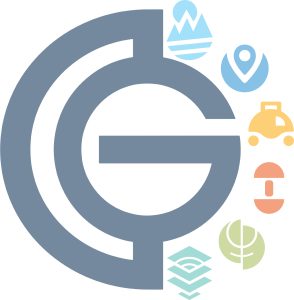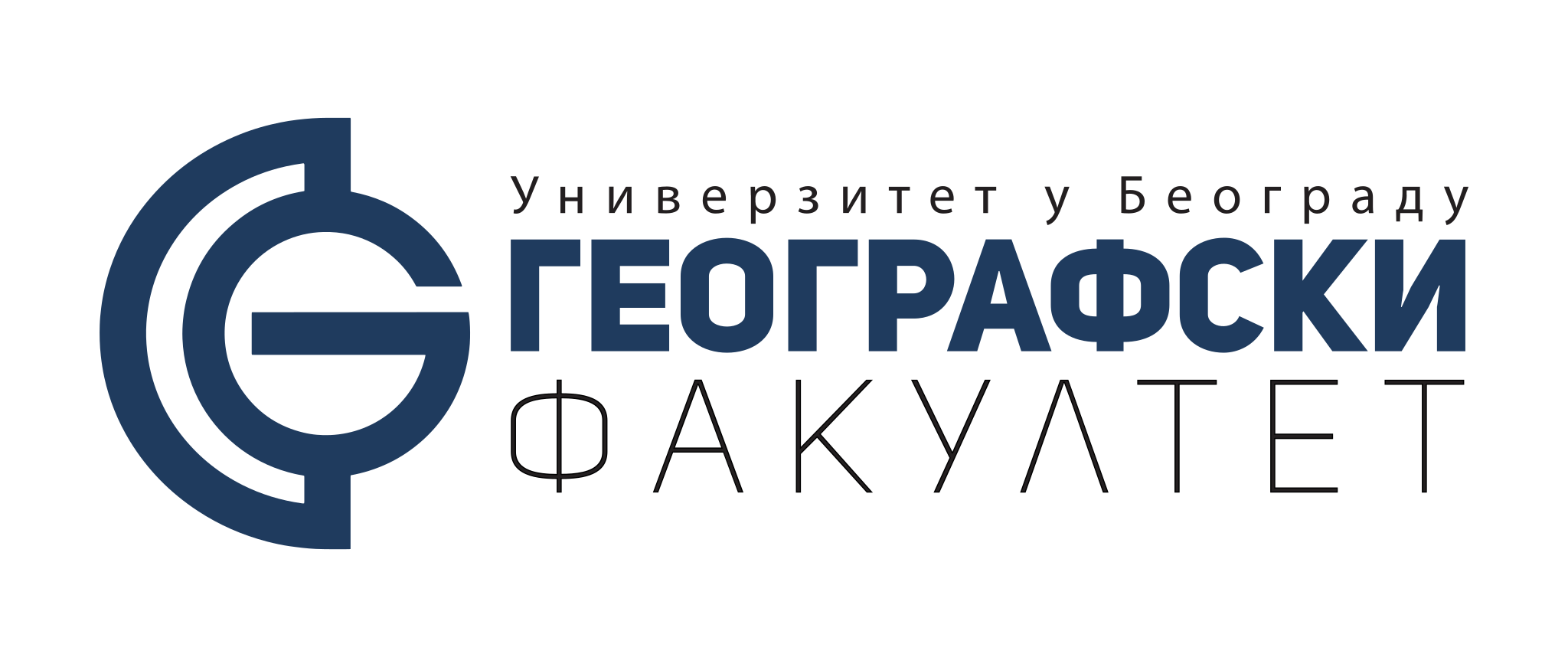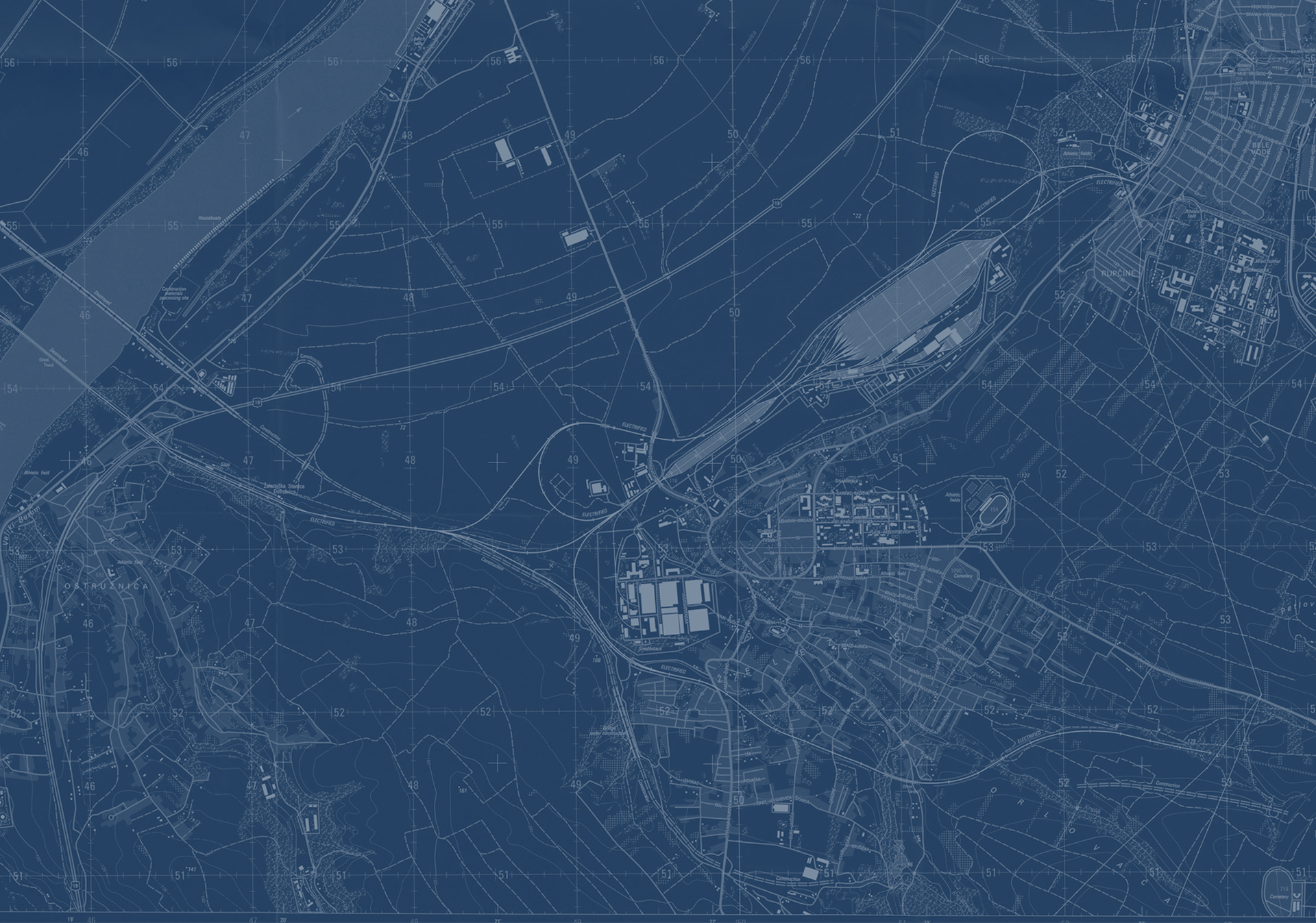
ОТВОРЕН ПОЗИВ ЗА ПРИЈАВУ – INTERNATIONAL SUMMER SCHOOL CITIES IN JUST GREEN TRANSITIONS
International Summer School
Cities in Just Green Transitions
Turin post-carbon transformations
18-22 September 2023., Turin, Italy
International Summer School with the theme ‘Cities in Just Green Transitions’ and a focus on ‘Turin post-carbon transformations’
The International Summer School with the theme ‘Cities in Just Green Transitions’ and a focus on ‘Turin post-carbon transformations‘ will be held in Turin, Italy on 18-22 September, 2023.
This summer school aims to involve students from U_Polis, UB-GEF and PoliTO in identifying the challenges and opportunities of just and green transitions in Turin’s post-carbon city context. The main challenge is operationalising the green transition principles in the study’s specific context. To face it, spatial and landscape planning instruments and decision-making strategies should be coordinated within a coherent and integrated framework.
The students will attend several lectures and working group activities that introduce the challenges they will have to focus on and present possible ways to approach them. Besides the local perspective, students will learn from European and Western Balkans examples and case studies. They will be supervised and mentored by an international, multi-disciplinary teaching staff during their activity.
This Summer School positions within this articulated process, and it challenges the selected students to explore possible transition and transformation paths, in so doing, learning from the experience of Turin lessons that could then be transferred and adapted in other contexts in Europe and beyond. More in general, students will be invited to reflect on the just and green transitions as complex, multi-faceted phenomena that redefine mainstream development models towards a more socio-environmental and carbon-neutral society.
This summer school is the first of three stand-alone teaching events that will each host up to 20 students. Students attending at least one of the stand-alone teaching events may decide to work more thoroughly on this topic through the development of their master thesis under the supervision of one or more professors involved in the summer school.
Focus and activities
The summer school in Turin is organised jointly by the Interuniversity Department of Urban and Regional Studies and Planning and the Interdepartmental Responsible Risk Resilience Centre (R3C) of Politecnico di Torino and is set in the framework of the School of Planning and Design and supported by Co-PLAN, Institute for Habitat Development in Albania as the coordinating partner; University of Belgrade – Faculty of Geography (UB-GEF) in Serbia and the Center for Economic Analysis Association (CEA) in North Macedonia as the two regional partners; and Nordregio, a pan-Nordic research organisation based in Sweden.
It aims to involve students from different universities in identifying the challenges and opportunities of just and green transitions in Turin’s post-carbon city context. The main challenge is operationalising the green transition principles in the study’s specific context. To face it, spatial and landscape planning instruments and decision-making strategies should be coordinated within a coherent and integrated framework.
The students will attend several lectures and working group activities that introduce the challenges they will have to focus on and present possible ways to approach them. Besides the local perspective, students will learn from European and Western Balkans examples and case studies.
They will be supervised and mentored by an international, multi-disciplinary teaching staff during their activity.
Context – Turin post-carbon city
Turin is acknowledged as the most representative “Italian industrial city”, where FIAT and other important brands have developed starting from the end of the 1800. In the 60th and 70th the city’s industrial system employed around 300.000 workers. With the industrial crisis that started in the 1980s and exacerbated in the 1990s, the city took initiative to renovate its image and reshape its development future, at the same time favouring the reconversion of its industrial sites stock, mostly located on the central backbone railway – the so-called “spina centrale”.
Whereas the conversation of Turin’s industrial areas, has required intense planning efforts and the action of a complex urban governance regime, the transition is to certain extent still ongoing, as the city continue to face challenges related to depopulation, pollution, industrial specialization and socio-spatial marginalization, just to name a few. In this regard, the City of Turin has been recently selected by the European Commission as one of the 100 “Climate-Neutral and Smart Cities by 2030” to become an essential hub of experimentation and innovation about climate matters at a European level. According to the program, the selected cities are meant to lead Europe’s zero-carbon transition, in turn contributing to enhancing well-being through adequate decarbonisation efforts. The European Commission’s Mission Board supports and guides them in this challenge for climate-neutral and smart cities through a multi-level, co-creative process that will be formalised in a Climate City Contract tailored to each city. The Mission Board is fully anchored in Europe’s Green Deal strategy to make Europe climate-neutral by 2050. The achievement of zero carbon in an inclusive manner needs systemic reasoning and strategies to be pursued by cities. Accordingly, at the local level, the City of Turin is already beginning a dialogue with key institutions and strategic partners in the area to jointly pursue actions that can enable the ambitious goal of climate neutrality.
This Summer School positions within this articulated process, and it challenges the selected students to explore possible transition and transformation paths, in so doing, learning from the experience of Turin lessons that could then be transferred and adapted in other contexts in Europe and beyond. More in general, students will be invited to reflect on the just and green transitions as complex, multi-faceted phenomena that redefine mainstream development models towards a more socio-environmental and carbon-neutral society.
I
Eligible candidates: MSc students from University of Belgrade – Faculty of Geography
Involved universities and institutions: Politecnico di Torino – R3C Responsible Risk Resilience Centre (IT), Co-PLAN, Institute for Habitat Development (AL); Polis University (AL);, Nordregio (SE), University of Belgrade – Faculty of Geography (RS) and Center for Economic Analyses Association (MK).
The summer school involves up to 5 selected students from University of Belgrade – Faculty of Geogrpahy within the framework of the HORIZON-WIDERA project “GreenFORCE – Foster Research Excellence for Green Transition in the Western Balkans”.
Project website: Summer School – GreenFORCE (greenforcetwinning.net)
The activity provides 6 ECTS credits to the participating students.
Language
The activity will be exclusively held in English. Please specify your level of English in the application document.
Fees and Obligations
The programme does not require the payment of any fee. The costs covered by the organisation include:
- 5-day intensive summer school in Torino (Castello del Valentino) with lectures and studio work;
- 1 social dinner;
- 5 launches and coffee breaks;
- site visit to selected case study area;
- multidisciplinary tutoring from teaching staff from PoliTO, Co-PLAN, U_Polis, Nordregio, UB-GEF and CEA during the academic activities of the summer school.
Participants are required to bring their laptop.
How to participate
Each candidate should fill out the dedicated Google form https://forms.gle/jB82QVFYyNZRE4xN9 and provide, by uploading to the system, the following additional information:
- a motivational letter (max 800 words) written in English;
- a Curriculum Vitae (CV) and M.Sc. list of exams successfully passed and the achieved marks.
Deadline for application 26.05.2023
Selection Criteria and Ethics
Candidates will be assessed based on the information provided in the motivation letter and in the CV, or portfolio.
The 5 students will be selected on the basis of the following criteria:
- interest-driving learning in the contents of the Summer School students are applying to (i.e., operationalising just and green transition) based on the motivation letter;
- background and preparation based on the CV and/or the portfolio;
- research skills and attitudes based on the CV and/or the portfolio;
An evaluation committee composed of the Univerisity of Belgrade – Faculty of Geography staff involved in the teaching activity will assess the candidates.
List of Participants
An email will be sent to selected candidates on June the 1st, 2023. The list will comprise up to 5 selected students + 2 eligible candidates (reserve list).
The five selected students shall email to aleksandar.djordjevic@gef.bg.ac.rs to communicate the acceptance of their position by June 7th, 2023. If one of the five selected students cancels their participation in time, the first eligible candidate in the reserve list will take their place.
Disclaimer
The organization is NOT accountable if the activity is cancelled for any force majeure reason.
General timeline
| Dates | Before the summer school |
| 26th of May 2023 | Deadline for students’ application |
| 1st of June 2023 | Notification of the results |
| 7th of June 2023 | Deadline for acceptance and finalization of the list of participants |
| Summer school and after | |
| July 2023 (to be defined) | 1-day meeting event (online) |
| 18th-22nd of September 2023 | Summer school activities in Torino |
| October 2023 (to be defined) | 2-days feedback event (online) |
If you require any further information, please contact organizers via email horizon@gef.bg.ac.rs




